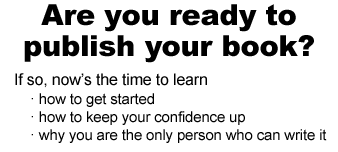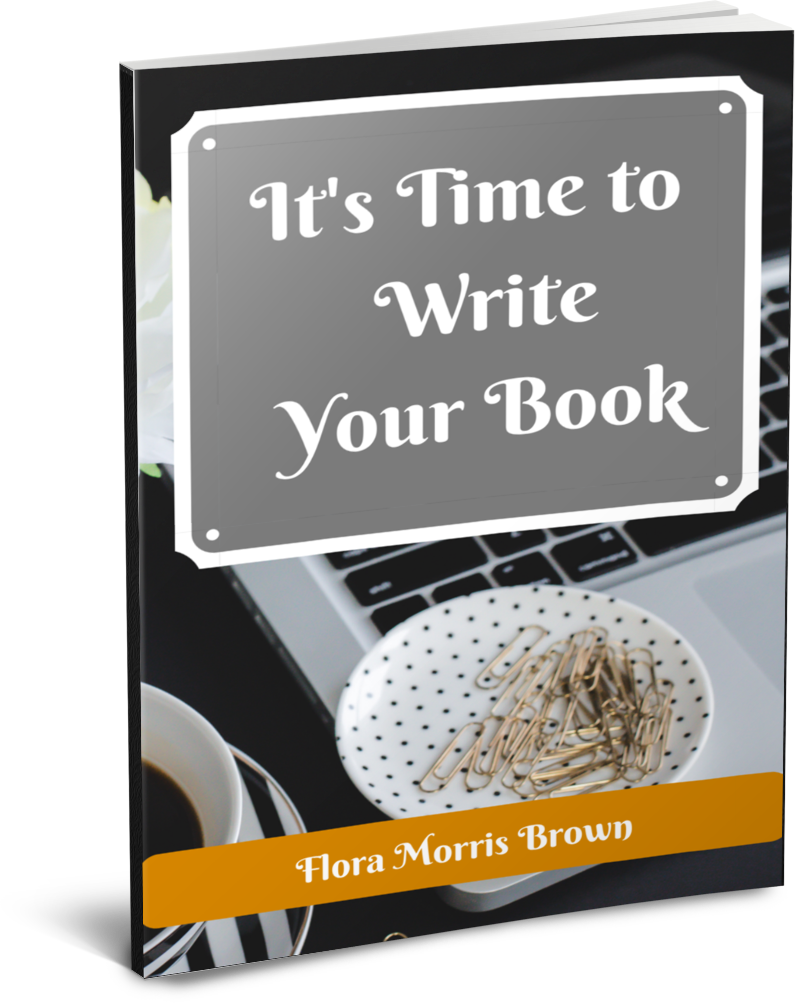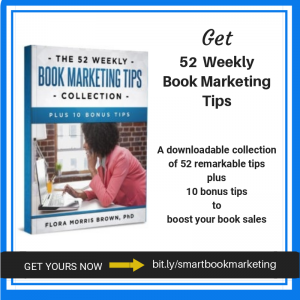 According to Wikipedia the first ebook (electronic book) was created by Michael S. Hart in 1971 when he typed the United States Declaration of Independence into a computer. Hart, an author, had been given unlimited computer time by the operators of the Xerox Sigma V mainframe at the University of Illinois and wanted to do something worthy of his time. While computers were being used mainly for data processing then, Hart decided to use it for information distribution.
According to Wikipedia the first ebook (electronic book) was created by Michael S. Hart in 1971 when he typed the United States Declaration of Independence into a computer. Hart, an author, had been given unlimited computer time by the operators of the Xerox Sigma V mainframe at the University of Illinois and wanted to do something worthy of his time. While computers were being used mainly for data processing then, Hart decided to use it for information distribution.
It wasn’t until 1992 when Sony created the Discman that there was a reader for the ebook. Now the ebook has grown in such popularity that not only have many new devices sprung up for reading it, but it is an alternative format for print books, with its own category on Amazon.
Ebooks have many benefits for authors and readers.
- Ebooks enable authors to get their books disseminated widely and more quickly. Some authors test the market with an ebook version of the first few chapters of their book and finish their work according to reader responses.
- Ebooks incur no production costs and are much more affordable to purchase. With no startup or setup costs involved, an ebook is almost all profit for the author or publisher. Then with an average cost range of 99 cents to $7.99, the ebook is much more appealing to readers.
- Ebooks are so much more accessible and portable. One frequent traveler and avid reader shared how he was slow to embrace the Kindle when it first appeared on the market, until he discovered the joy of being able to carry up to 1500 books in a device he could slip into his briefcase.
- As eReaders have become more and more sophisticated, one of the biggest benefits of an ebook is its hyperlink capability. Now when an author mentions a source or website in the text, you can visit the source with one click. You can take notes, save your spot, look up terms and interact with a text in a way not possible with print books.
Ebooks mean no amassing and storing inventory
- Ebooks and magazine articles can now be available in digital libraries, enabling educators, researchers and students to access information instantly and conveniently without geography or limited copies being a barrier. At a meeting for online teachers recently, one of the university librarians shared the ease with which our students can now access books and articles from the library from within our online courses. We were also learned that the library will create digital guides specific to our courses if we will identify the materials we want our students to access.
- The popularity of the ebook has lead to it being accessible even if you don’t own an eReader. While eReaders must still be purchased, the software for reading ebooks is available for free for your computer, smartphone and other devices.
Books are no longer the only material that is digitized and available in electronic form.
Magazines, journals and newspapers are now easily accessible in e-versions, saving money, sparing trees, but unfortunately also leading to the demise of major companies that were built on print reading materials.
Ebooks have called many things into question
- When aspiring authors ask how long is an ebook, there is no definitive answer. The number of words on a print page no longer applies since the page size of an ebook depends on the size of the device on which it’s being read. Then there are varying font styles and sizes which affect the number of words on a page.
- The pricing of ebooks has caused one of the biggest disruptions in the world of publishing. The reading public who was quite willing to pay $19.99 for a 6″ x 9″ paperback, refuse to pay the same price for the digital version. This issue gained attention in the news when a lawsuit was filed against Apple and five major publishers charged with illegally fixing the prices of ebooks in an effort to fight back against Amazon.
- While ebooks were at first the digital version of a print book, many authors are writing ebooks as the first and sometimes only version of a book.
- Bestseller status no longer applies just to authors of print books. Bestseller is now based on number of sales whether they were print or digital books.
I would be remiss if I didn’t mention that book lovers are not ready or willing to give up the touch and smell of “real” books, much less the indescribable pleasure of browsing library or bookstore shelves and sharing copies with their friends.
While we have yet to settle on how we will spell ebooks (Ebooks? e-books? eBooks?) we can’t deny that they have changed writing, publishing and reading forever.
The ebook is indeed the Brave New Word.
Download the ebook version of my book, “Color Your Life Happy: Create the Success, Abundance and Inner Joy You Deserve” here or the Kindle version here.












